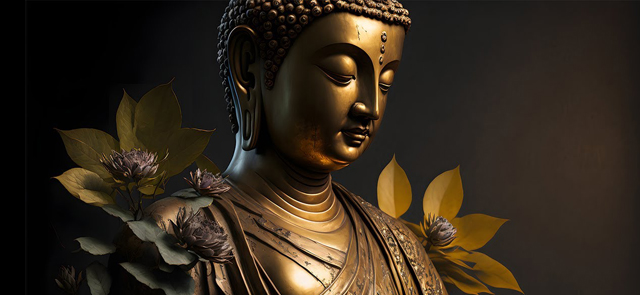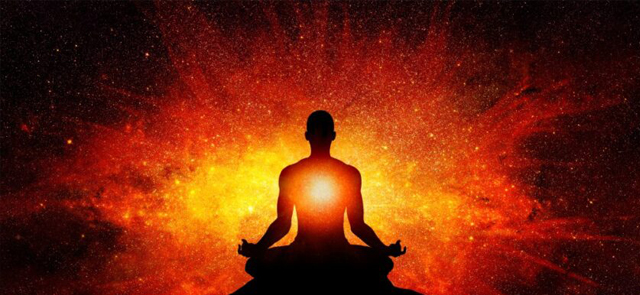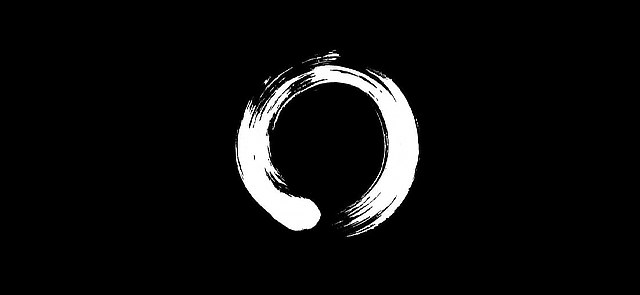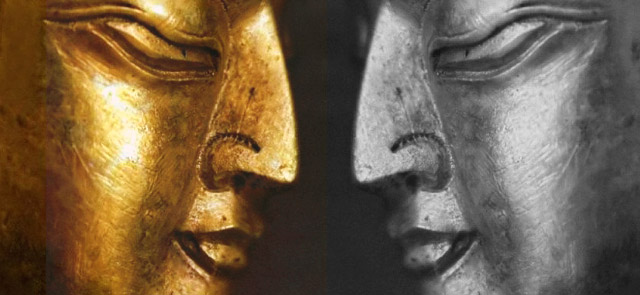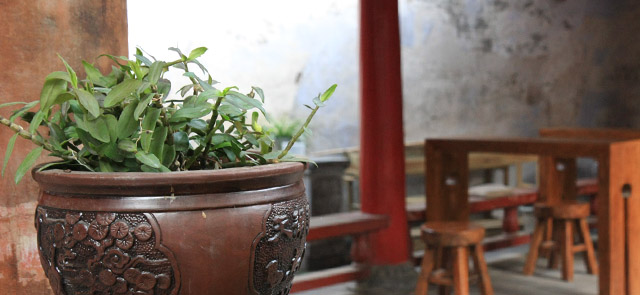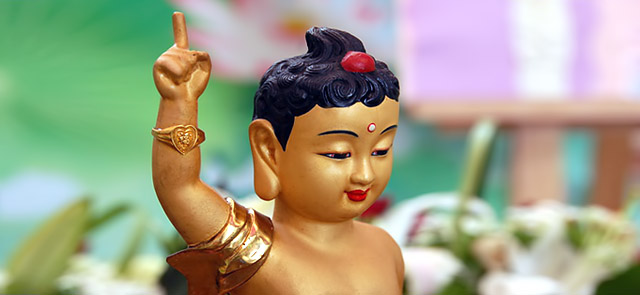The practice of martial arts has long been associated with physical strength, discipline, and combat skills. However, behind the dynamic kicks, powerful strikes, and intricate techniques lies a deeper philosophy that transcends the mere pursuit of dominance over others. True martial artists understand that the ultimate aim of their training is not to conquer opponents, but rather to master oneself.
In the realm of martial arts, the path to self-mastery is paved with dedication, perseverance, and self-reflection. It requires the martial artist to embark on a journey of self-discovery, exploring the depths of their physical, mental, and spiritual capabilities. This journey is not an easy one, but it is through the challenges and obstacles faced along the way that true growth and enlightenment can be attained.
At its core, martial arts teaches practitioners to cultivate self-discipline and control. In the heat of battle, a martial artist must learn to channel their emotions and impulses, maintaining a calm and focused state of mind. Through rigorous training, they develop the ability to suppress aggression and ego, instead embracing humility and respect for their fellow practitioners. The martial artist understands that the true battle lies within, conquering the weaknesses and limitations of their own character.
One of the fundamental tenets of martial arts is the concept of "Do" or "the way." It encompasses not only the physical techniques but also the underlying principles and ethics that guide the practitioner's actions both on and off the mat. A true martial artist strives to embody these principles in their daily life, treating others with kindness, compassion, and integrity. They understand that true strength comes not from overpowering others, but from fostering harmony and unity.
The practice of martial arts serves as a mirror, reflecting one's inner self. It exposes weaknesses, fears, and limitations, presenting an opportunity for personal growth and transformation. It teaches practitioners to embrace failure as a stepping stone towards improvement, encouraging them to learn from their mistakes and adapt their approach. The martial artist understands that true mastery is an ongoing process, a lifelong pursuit that transcends any individual technique or skill.
Through the disciplined practice of martial arts, individuals develop a profound sense of self-awareness. They learn to listen to their bodies, honing their physical abilities while respecting their limits. Simultaneously, they cultivate mental fortitude, expanding their capacity to overcome challenges and adversity. Martial artists strive to achieve a state of flow, where mind, body, and spirit are in perfect harmony, allowing them to tap into their full potential.
As martial artists progress along their journey, they become acutely aware of the interconnectedness of all things. They recognize that every action has consequences, and the power they wield must be used responsibly. They learn to become caretakers of their environment, promoters of peace, and role models for others. Their ultimate aim is not to dominate but to inspire, to share their knowledge and wisdom with humility and generosity.
In conclusion, the true essence of martial arts lies in the pursuit of self-mastery. While physical prowess and combat skills are important aspects, they are but a means to an end. The martial artist's journey is one of self-discovery, discipline, and personal growth. Through the practice of martial arts, individuals learn to conquer their own weaknesses and limitations, striving to become the best versions of themselves. By embodying the principles of respect, humility, and compassion, they inspire others to follow the path of self-mastery, fostering harmony and unity both within themselves and the world around them.
